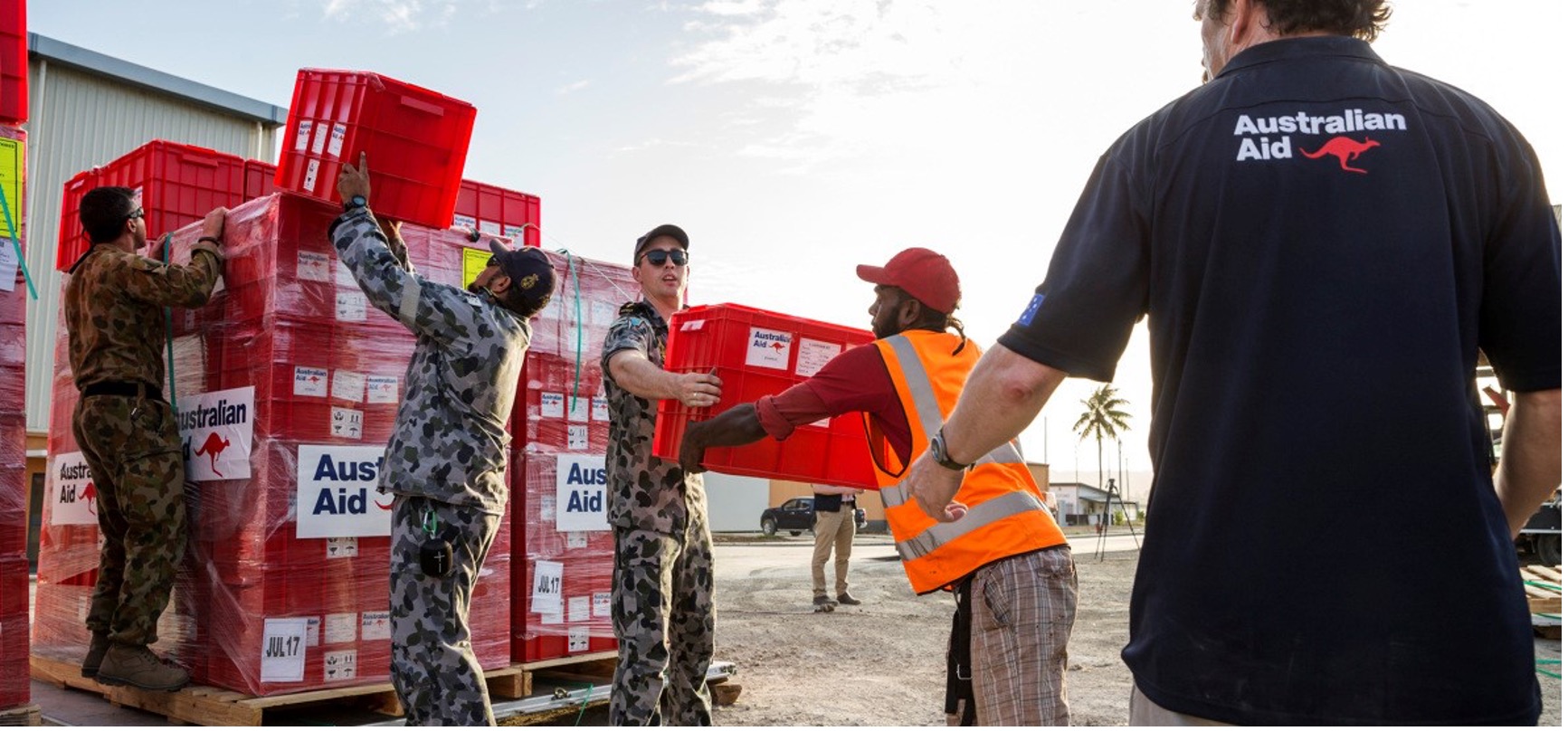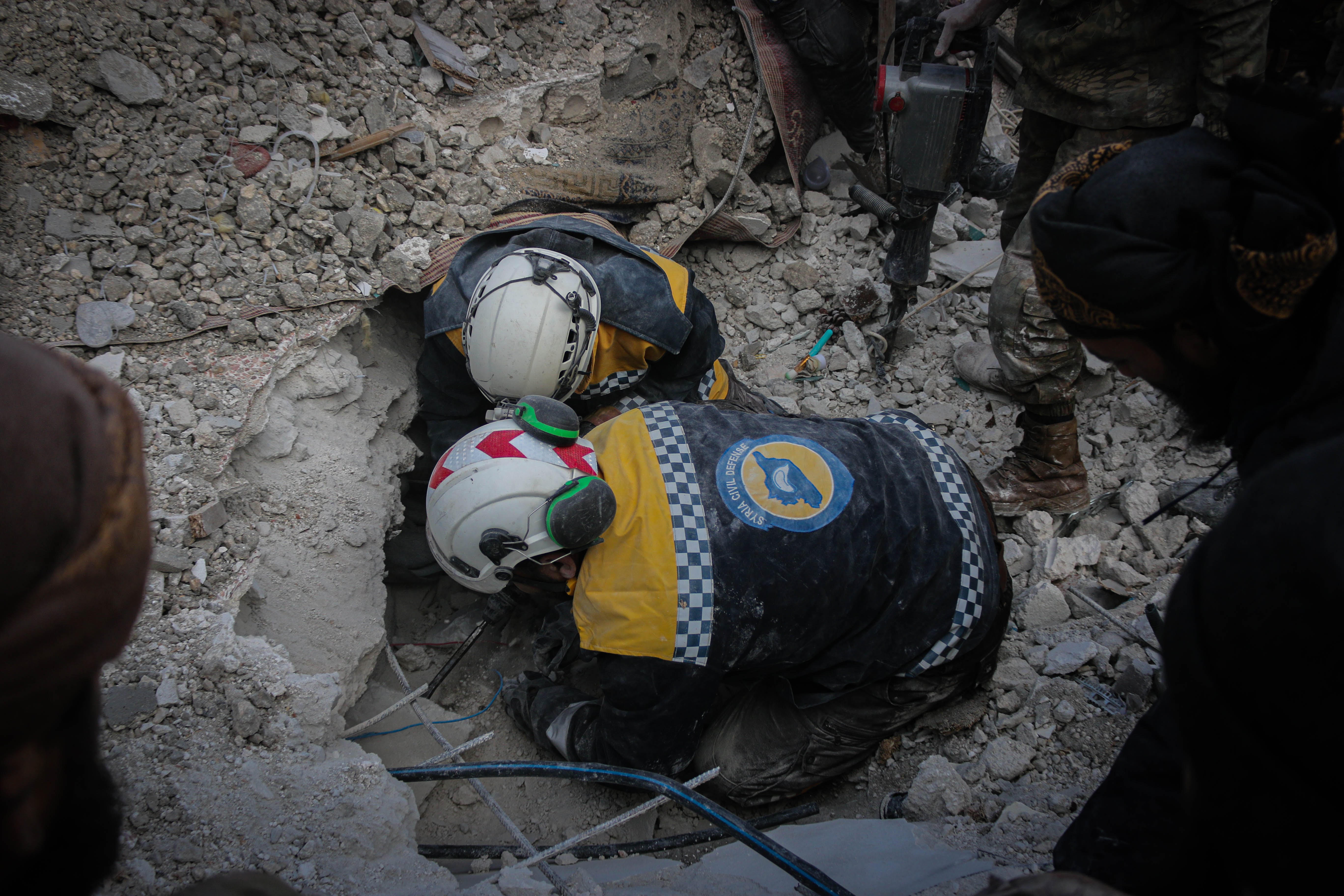This article offers some practical steps on conducting a remote simulation exercise (SimEx). It draws from lessons learnt during a remote SimEx held by Caritas Australia and Humanitarian Advisory Group in September 2020.
Simulation exercises can bring teams together. They provide a space for spontaneous collaboration and interaction between colleagues. In a traditional SimEx, organisations and groups would assemble to participate in the event, with all the benefits of meeting in person. However, due to COVID-19, restrictions on large gatherings and the impossibility of travel meant these kinds of activities had to shift online. By harnessing the online tools and technologies we already have, facilitating a remote SimEx is achievable and can still strengthen organisational preparedness.
The remote SimEx held by Caritas Australia (CA) and Humanitarian Advisory Group (HAG) provided an opportunity to explore how learning events could be facilitated online. Participants were scattered across time zones, with over 40 staff members taking part from CA and Caritas’ regional organisations throughout Asia-Pacific. The context was a hypothetical disaster scenario designed by HAG, in which a cyclone impacted multiple countries where Caritas operates. Participants received email prompts requiring them to coordinate across the organisation and with a range of teams in responding to the disaster.
Running online learning events provides numerous opportunities, and challenges, for organisations and teams. For Caritas staff, the SimEx provided a valuable opportunity to engage with their emergency response manual and strengthen working relationships with team members. Here’s some of what we learned about how to organise a successful SimEx at a distance.
Running a traditional SimEx

The SimEx event should be relevant to the organisation’s specific needs but also impactful. Developing a realistic scenario that draws in all the participants will help test and train your organisation’s response capabilities. Encouraging participants to continuously reflect on their positions and responsibilities is vital. In the CA SimEx, the mock emergency event impacted several countries where CA operates, allowing participants to interact with team members located in, or accountable to, multiple domains.
Participants should feel adequately prepared before starting the SimEx. With CA, HAG organised a pre-learning event to allow a few teams to familiarise themselves with the SimEx. This enabled greater confidence and engagement on the day of the SimEx, with some teams already aware of what to expect and able to assist others during the exercise. Providing ample information before the event reduces feelings of anxiety and gives people a point of reference if they get confused or overwhelmed.
“Flow of communications between team members was impressive considering the amount of information coming through via emails, meetings etc” – Caritas SimEx participant
In addition to clear processes, the event must be inclusive and accountable. It is crucial that participants feel they are in a safe space with equal opportunity to be heard, so schedule pre-event check-ins with team members to answer questions and ensure they feel comfortable going into the event.
Moving the SimEx remote and online
Use the platforms that people are likely to use in a real emergency scenario. Using specific tools from people’s day-to-day work (e.g. Zoom) and building on their existing knowledge can help minimise technical complications or distractions during the SimEx. Further, introducing new platforms or technology may not necessarily reflect the reality of their workplace. For the SimEx, Caritas staff chose Microsoft Teams as the main platform for communications as that is what they use on a daily basis. Allocating some time to review the technology, and outlining clear instructions for joining, collaborating, and troubleshooting goes a long way towards alleviating technological anxiety.
“The team found that receiving SITREPs/FAQs and the information they received during this SimEx would really use them in actual emergencies” – Caritas SimEx participant
Make teams accountable by nominating a ‘team tracker’ to log conversations and actions. The advance briefing pack we provided included team tracker sheets, which Caritas staff used throughout the SimEx. This allows the facilitators to get regular updates on the progress of each team, ensures participants are engaged in the exercise and provides shared a point of reference once the SimEx concludes.
The best bet for a smooth SimEx is to plan as much as possible ahead of time. During the SimEx, email prompts, referred to as ‘injects’, are sent out either to specific participants or to everyone. Scheduling these in advance will save you time and capacity on the day of the event, leaving facilitators free to focus on tracking everyone’s activities and resolving any issues that might arise. It’s also important to strike a balance between structured and unstructured time, as this will give teams space for the crucial conversations to plan their approaches.
Finally, don’t forget to debrief. Allow time for participants to reflect on what they learned during the SimEx and to hear others’ views. Because there’s no travel involved, you don’t necessarily have to do this the moment the exercise ends, but keep in mind that the more time passes the harder it will be for people to recall the details. Schedule post-SimEx hot and cold debriefs between the team leaders and facilitators to see what did and didn’t work. Consider capturing key lessons in a convenient format for people to refer back to.
So, how will you plan your SimEx?
A SimEx is a valuable and interactive way for teams and organisations to test their preparation for an eventual emergency situation. As the COVID-19 pandemic continues, online platforms will play an important role in the foreseeable future. Even once the pandemic subsides, remote collaboration is likely to stay. This is especially true for teams working across multiple time zones.
This post aims to support organisers and facilitators in planning a learning event. But it’s not a rule book: remember to be flexible and creative in your approach. And please share your ideas and experiences with the rest of the sector! The more learning is open-source, the more disaster-prepared we are as humanitarians.
Image vectors: https://www.freepik.com/






